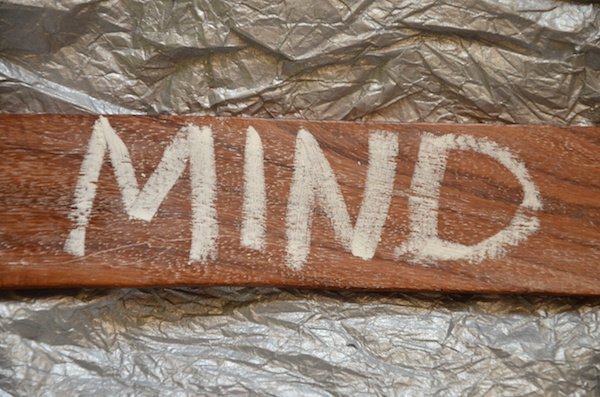THURSDAY, Oct. 20, 2016 (HealthDay News) — Adults who suffered childhood abuse may be at increased risk for bipolar disorder, researchers report.
“The link between experiencing a troubled childhood and subsequently being diagnosed with this serious condition is extremely strong,” study co-author Filippo Varese of the University of Manchester in England said in a university news release.
People with bipolar disorder experience emotional extremes — lows and highs — which harm their quality of life and increase suicide risk.
Varese and his colleagues analyzed 19 studies published between 1980 and 2014. They defined childhood adversity as experiencing neglect, abuse, bullying or the loss of a parent before the age of 19.
They found that adults with bipolar disorder were 2.63 times more likely to have been victims of emotional, physical or sexual abuse as children than adults in the general population.
The link with emotional abuse was particularly strong, the researchers said. However, the loss of a parent did not raise the risk significantly.
Much research into bipolar disorder has focused on bio-genetics, Varese said. But previous work on schizophrenia led his team to explore the role of childhood adversity in the development of the mental illness.
Although the study doesn’t establish a cause-and-effect relationship, the findings could prove important in treating people with bipolar disorder, the researchers said.
“Handled sensitively, inquiries about a person’s childhood experiences can make a significant difference to how treatment proceeds and the types of support that can be put into place,” study lead author Jasper Palmier-Claus said in the news release.
The study was published in the October issue of the British Journal of Psychiatry.
More information
The U.S. National Institute of Mental Health has more on bipolar disorder.
Copyright © 2026 HealthDay. All rights reserved.

